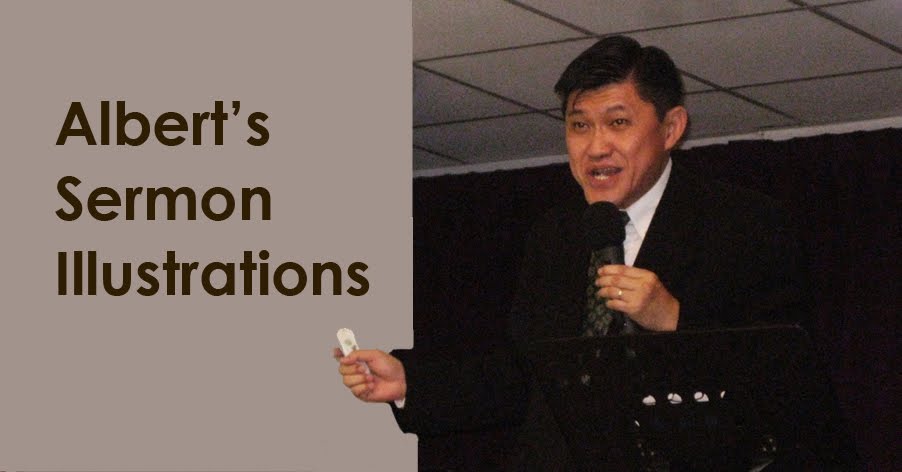Cooper was a career military officer, a flight surgeon. He had risen to the rank of Lieutenant Colonel, soon to be commissioned full Colonel, when at age 40 he resigned to enter the field of wellness and preventive medicine.
It was a hard decision. His wife, Millie, was pregnant, and he had no financial backing for the new enterprise. A Dallas city father, a multimillionaire, denied Cooper his 1.2-million-dollar request.
“Stay in the Air Force another seven years,” he advised. “Don’t risk giving up your benefits.”
The reasons were mounting as to why Cooper should stay put. Yet when he and his wife prayed, they concurred that it was the Lord’s leading.
There was no lending agency willing to put up more than $100,000, since Cooper’s net worth was less than $25,000. But the young doctor persisted. Finally Joe McKinney, President of the Tyler Corporation, agreed to make a loan of $1.2 million.
I’m sure Joe McKinney feels a wave of satisfaction today when he thinks about the thousands, maybe millions, of people who have benefited from Cooper’s philosophy.
At that time, though, the obstacles for Cooper seemed to proliferate daily. Some respected Dallas doctors scoffed at his idea. He was called before the Dallas County Board of Censors to defend his position. Some medical men were pressing to restrict his practice, and even fractured the truth about him, claiming that he had been dishonorably discharged from military service and only had a Ph.D.
Had Cooper wanted to give up at this stage, he would have had no shortage of excuses. But he and his wife were certain that God had called them. So they prayed and persisted until the impossible was accomplished.
Their original vision had been for a modest office employing eight or ten people, but that goal was dramatically surpassed. Today his staff numbers 220. Adherents to Cooper’s wellness philosophy live and work in more than 50 nations. His books have sold more than 30 million copies in 41 languages and Braille.
The Cooper Clinic and Aerobics Center are the focal points of attention for medical, sports, and educational leaders from nations on every continent, including those behind the Iron Curtain. World leaders — among them medical men — come to him for their annual physical checkups. Only out of deference to their right to privacy do I refrain from naming some. Suffice it to say, hardly a day goes by when their names aren’t in the news.
Today Dr. Kenneth H. Cooper continues to embody this book’s formula — trust, organize, persist. He is a man of God, in a marriage made by God. His wife, Millie, shares his trust in God and his determination to see his goals achieved.
Talk about organization! I have never been to any offices where things run more smoothly or promptly. The entire operation is a model of organizational excellence.
Persistence? His annual budget today is more than ten times McKinney’s original investment.
Dr. Cooper’s is a big success story. It measures what can be done when somebody decides to trust, organize, and persist.
Of course his impossibility isn’t the same one you’re facing. But can you honestly say it was easier for Dr. Cooper than it is for you?
Do you really have any more right than he to make excuses?
Are you content to wallow in helplessness when other people, in situations as hard as yours, have managed to turn impossibility into possibility?
Most important, do you think Jesus was joking when He said all things are possible to you if you believe? No?
Then be careful what you call IMPOSSIBLE!
John Haggai





